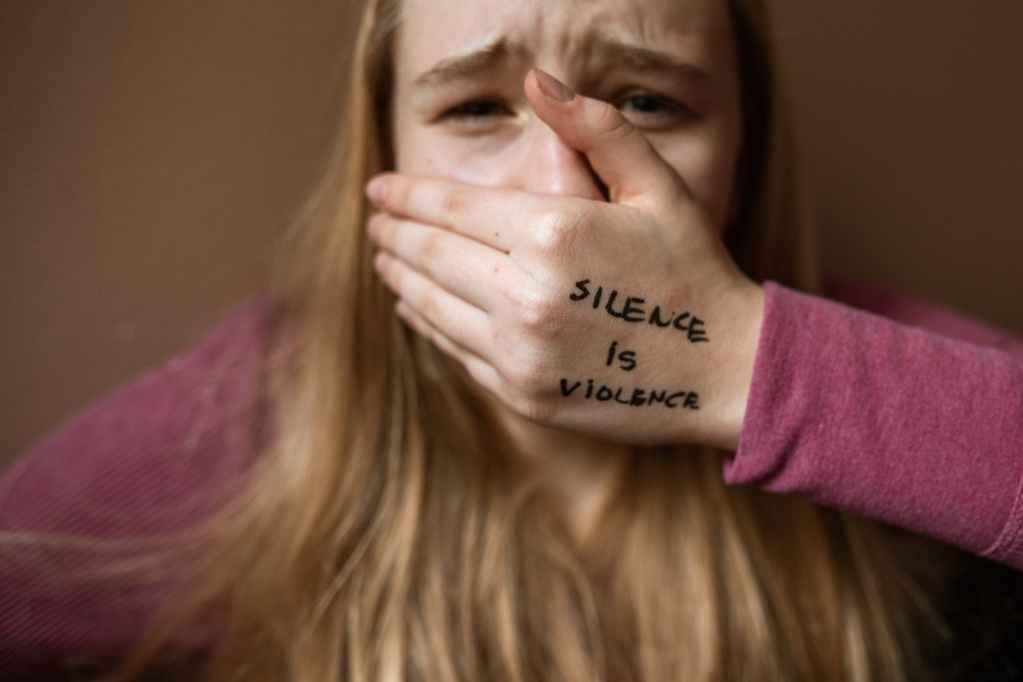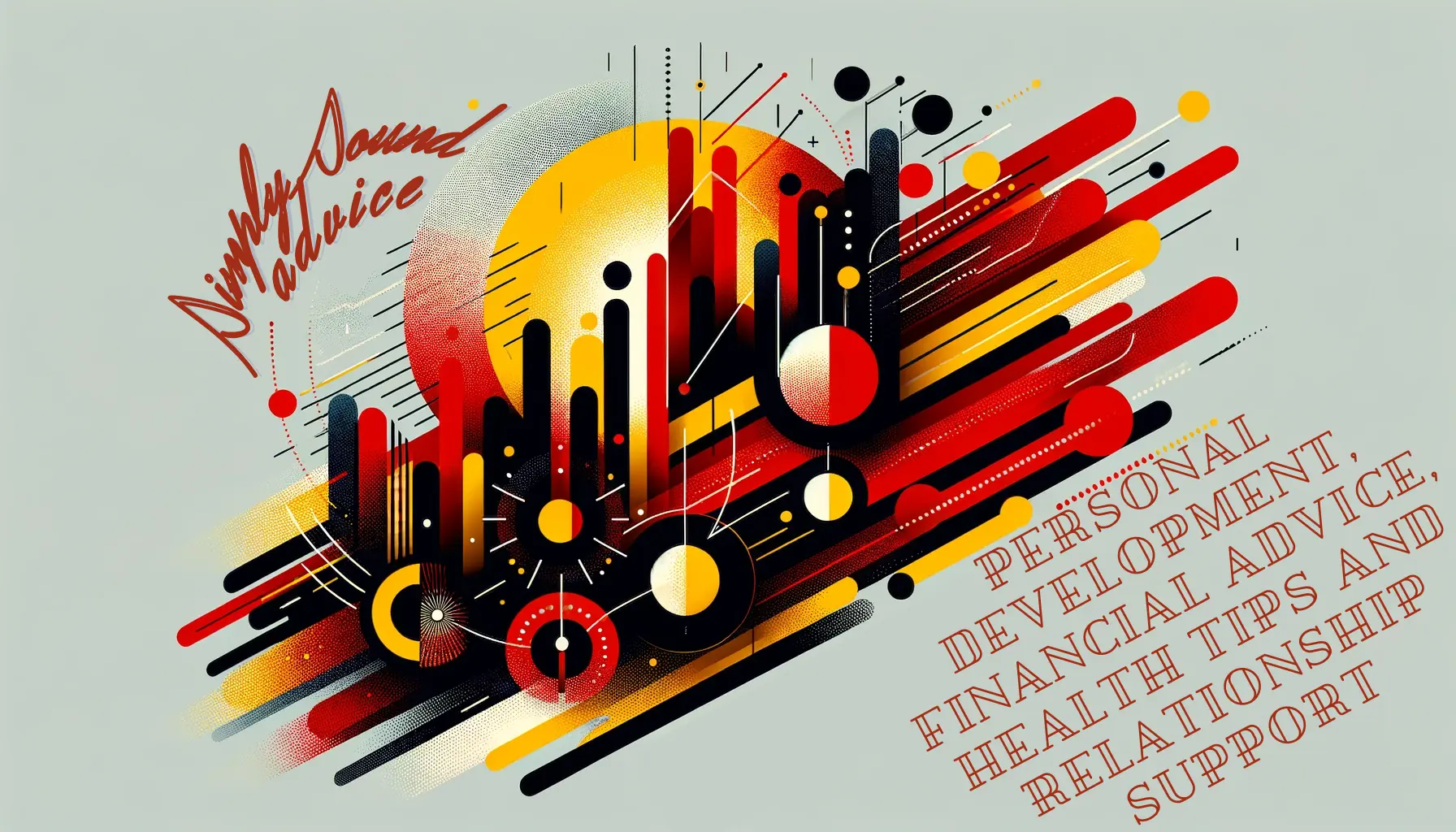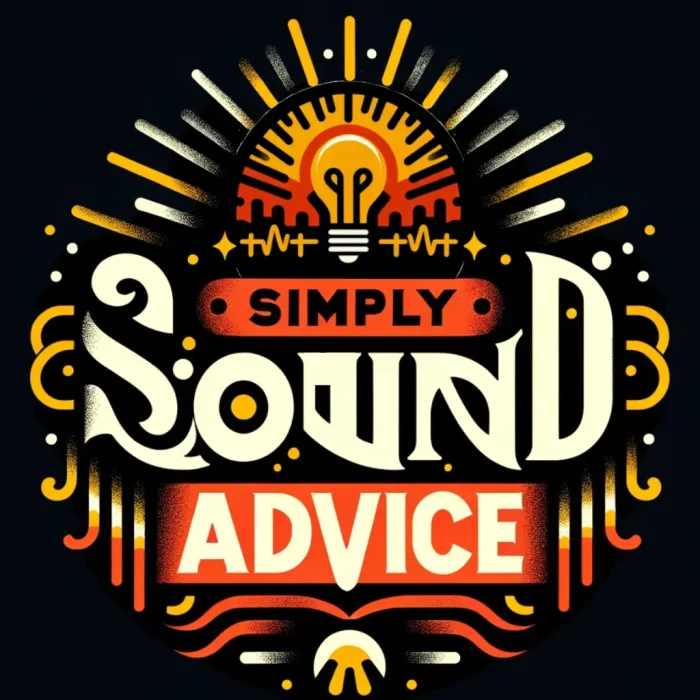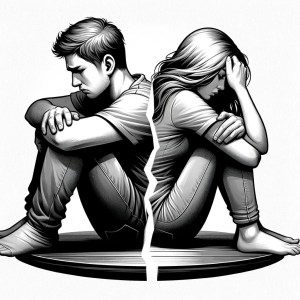- Breaking Free: Recognizing and Escaping Toxic Relationships
- Unmasking Toxic Relationships – What Lies Beneath
- Breaking Free – Reclaiming Your Well-being
- The Healing Process – Finding Peace and Renewal
- Embracing a Brighter Future – The Path Forward
- Q&A: Breaking Free: Recognizing and Escaping Toxic Relationships
- Conclusion: Liberation and Empowerment
Breaking Free: Recognizing and Escaping Toxic Relationships
Introduction – Navigating the Maze of Toxic Relationships
A Web of Deception
Toxic relationships are like quicksand, often trapping us before we even realize we’re sinking. The allure of love and companionship can blind us to the signs of toxicity until we find ourselves entangled in an emotional labyrinth. Recognizing these patterns early on can save us from emotional turmoil and pave the way for healthier connections.
Unmasking Toxic Relationships – What Lies Beneath
Unveiling the Shadows
A toxic relationship isn’t just a rough patch; it’s a destructive whirlwind that chips away at your well-being. At its core, it’s a connection marked by manipulation, lack of respect, and a power struggle. What begins as a seemingly healthy relationship can gradually morph into an emotional nightmare.
The Telltale Signs
Discovering whether you’re in a toxic relationship requires keen awareness. The signs are often subtle at first, disguised beneath layers of affection. Watch for the red flags:
• Controlling Behavior: When one partner starts dictating decisions and movements, a controlling dynamic takes root. This can escalate to oppressive levels, sowing seeds of guilt and anxiety.
• Constant Criticism: Unrelenting criticism shatters self-esteem and leaves you questioning your every move. It’s a silent poison that erodes your confidence and emotional stability.
• Lack of Trust: A healthy relationship thrives on trust. If your partner’s doubt shadows your every move, it breeds insecurity and limits your freedom.
• Lack of Respect: Diminishing boundaries and disrespecting personal space undermines your autonomy, fostering dependency and unhappiness.
• Unhealthy Communication: Harsh words, threats, and coercion create an atmosphere of fear and instability, triggering emotional and even physical abuse.

Breaking Free – Reclaiming Your Well-being
Reclaiming Your Power
Recognizing toxicity is the first step; the next is reclaiming control over your life and happiness. Begin by setting and enforcing boundaries. Communicate your standards and make it clear which behaviors are unacceptable.
This empowers you to regain control over your own life and mental space.
Seeking Support
Breaking free isn’t a solo journey. Friends, family, and professionals can provide the essential support you need to navigate this challenging path. Therapists and counselors offer guidance and perspective, helping you regain clarity and emotional strength.
Professionals Who Can Help
Therapists, counselors, and support groups provide essential guidance.
Therapists specialize in untangling complex emotions, offering clarity and strategies for moving forward.
Counselors provide tools to navigate challenges and support groups foster connection with others who’ve faced similar struggles.

The Healing Process – Finding Peace and Renewal
Self-Care and Reflection
After breaking away, prioritize your well-being. Surround yourself with positivity, engage in activities that bring you joy, and reflect on the lessons learned. Self-care is your sanctuary during this healing journey.
Post-toxic relationship, self-care and reflection become lifelines. Engage in activities that nurture your well-being, like journaling, meditation, or pursuing hobbies. These practices promote emotional healing and self-discovery.
Embracing Growth
The aftermath of a toxic relationship is an opportunity for personal growth. As you mend, you’ll discover newfound resilience, inner strength, and a deeper understanding of your own worth.
Personal Renewal
Healing isn’t just about recovering; it’s an opportunity for personal growth. The aftermath of a toxic relationship provides a canvas for reinvention.
Through self-discovery, you’ll cultivate resilience, assertiveness, and a newfound appreciation for your worth.

Embracing a Brighter Future – The Path Forward
Seeking Healthy Connections
Emerging from a toxic relationship reshapes your approach to companionship. Prioritize healthy connections built on mutual respect, open communication, and shared values.
Surround yourself with those who uplift and empower you.
Professional Help
If the scars run deep, seeking professional help is a sign of strength, not weakness. Therapists can guide you through the emotional aftermath, helping you untangle complex emotions and move forward.
Therapists, psychologists, and counselors specialize in post-traumatic healing, helping you reestablish a sense of self, cope with triggers, and rebuild confidence.
If any of these warning signs resonate with you, it’s crucial to take proactive steps. If you sense that your safety is compromised, involving the authorities might be necessary.
In cases of immediate danger, don’t hesitate to contact the appropriate authorities. For 24/7 guidance and support, you can also reach out to the National Domestic Violence Hotline at 1-800-799-7233.
Q&A: Breaking Free: Recognizing and Escaping Toxic Relationships
Q1: What are the key signs of a toxic relationship?
A1: Key signs include controlling behavior, constant criticism, lack of trust, lack of respect, and unhealthy communication like harsh words, threats, and coercion. These signs often manifest subtly and can escalate over time, undermining self-esteem, autonomy, and emotional stability.
Q2: How can someone break free from a toxic relationship?
A2: Breaking free involves recognizing the toxicity, setting and enforcing boundaries, and seeking support. Communication of standards and unacceptable behaviors is crucial. Support can come from friends, family, therapists, counselors, and support groups.
Q3: What kind of professional help is available for escaping toxic relationships?
A3: Professional help includes therapists, counselors, and support groups. Therapists can help untangle complex emotions and offer strategies for moving forward. Counselors provide tools to navigate challenges, and support groups offer a sense of community and shared experience.
Q4: What should be the focus during the healing process after leaving a toxic relationship?
A4: The focus should be on self-care and reflection. Engaging in activities that promote well-being, such as journaling, meditation, or hobbies, is important. This period is also an opportunity for personal growth and self-discovery, cultivating resilience and a deeper understanding of self-worth.
Q5: How does one approach future relationships after experiencing a toxic one?
A5: After a toxic relationship, it’s important to prioritize healthy connections built on mutual respect, open communication, and shared values. Seek relationships that uplift and empower, and be mindful of previous experiences to avoid repeating patterns. Professional help may also be beneficial in navigating the emotional aftermath and rebuilding confidence.
Conclusion: Liberation and Empowerment
Toxic relationships deceive with an illusion of love, ensnaring us in a web of negativity. In the pursuit of love and companionship, we often stumble into the quagmire of toxic relationships. The journey from entrapment to liberation is fraught with challenges, but it’s also a path of self-discovery and growth.
Recognizing the signs of toxicity empowers us to regain control over our lives, mend our emotional wounds, and find solace in healthier connections. Remember, you deserve love that uplifts and supports you, fostering a harmonious union that propels you towards a brighter future.
Join in the Conversation at Simply Sound Society our Social Media Platform and Forum!














